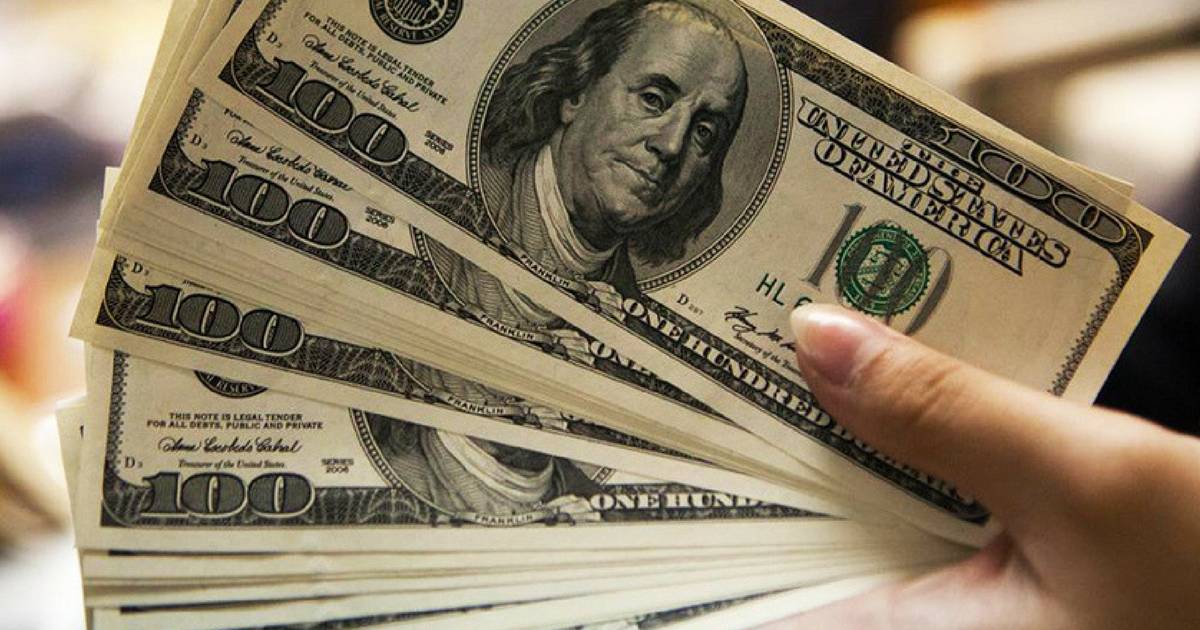RIO DE JANEIRO, BRAZIL – The perspective of high interest rates in Brazil pushed the dollar down and made the North American currency close with the biggest drop in two weeks. The stock market did not have the same tranquility and fell for the second consecutive session, pressured by shares of companies that export commodities (primary goods with an international quotation).
The commercial dollar closed this Monday, April 18, sold at R$4.648, down R$0.048 (-1.02%). The price started the negotiations close to stability but plummeted after the opening of business in the U.S. market, to close at the minimum of the day.
It was the biggest drop in the dollar since April 4. The currency accumulated a 2.37% drop in April with yesterday’s performance. In 2022, the currency dropped 16.64%.

The stock market had a more tense day. The Ibovespa index, from B3, closed the day at 115.687 points, with a retreat of 0.43%. The indicator came to operate close to stability in mid-afternoon, but lost strength near the end of the session, pressured by shares of mining and oil companies.
On a holiday day in several European countries, the slowdown of the Chinese economy in March affected the shares of commodity-exporting companies. The imposition of lockdowns in China to contain the cases of covid-19 reinforced the prospect that China will reduce demand for minerals and agricultural products.
Compared to the dollar, the real had one of the best performances on the planet on Monday because of the prospect that the Brazilian Central Bank would raise the Selic rate (basic interest rate of the economy) more than expected. The fact was reinforced after the IGP-10 of the Getulio Vargas Foundation (FGV) rose 2.48% in April.
The data show that the inflation index forecast remains high, forcing the monetary authority to keep tightening interest rates. Higher rates in emerging countries like Brazil help contain capital flight to developed economies, raising interest rates this year.
*With information from Reuters

